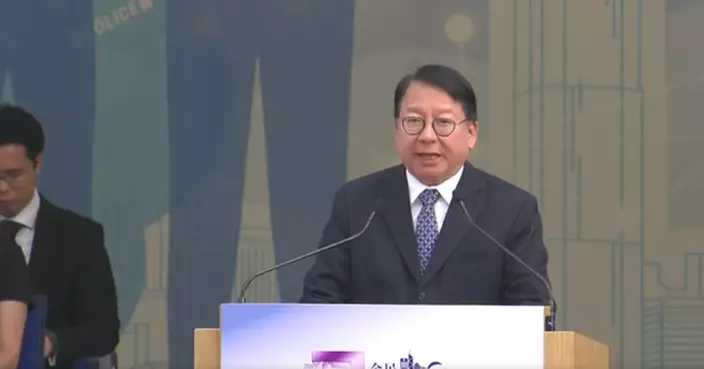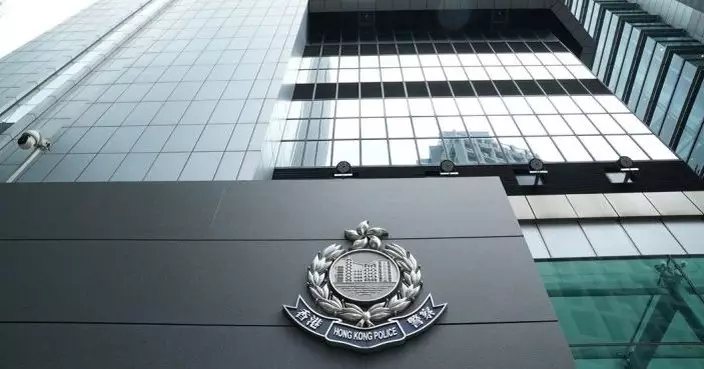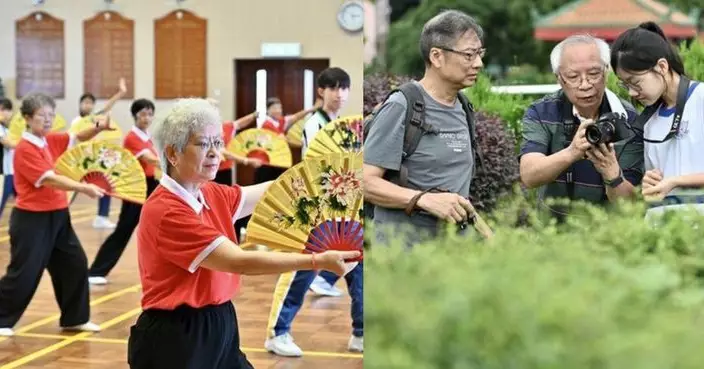Hong kong bans import of japanese aquatic products amid fukushima water discharge; tests confirm safety of local catch and imports
In response to the Japanese Government's plan to discharge nuclear-contaminated water at the Fukushima Nuclear Power Station, the Director of Food and Environmental Hygiene issued a Food Safety Order which prohibits all aquatic products, sea salt and seaweeds originating from the 10 metropolis/prefectures, namely Tokyo, Fukushima, Ibaraki, Miyagi, Chiba, Gunma, Tochigi, Niigata, Nagano and Saitama, from being imported into and supplied in Hong Kong.
For other Japanese aquatic products, sea salt and seaweeds that are not prohibited from being imported into Hong Kong, the Centre for Food Safety (CFS) of the Food and Environmental Hygiene Department will conduct comprehensive radiological tests to verify that the radiation levels of these products do not exceed the guideline levels before they are allowed to be supplied in the market.
As the discharge of nuclear-contaminated water is unprecedented and will continue for 30 years or more, the Government will closely monitor and step up the testing arrangements. Should anomalies be detected, the Government does not preclude further tightening the scope of the import ban.
From noon on June 27 to noon today (June 28), the CFS conducted tests on the radiological levels of 242 food samples imported from Japan, which were of the "aquatic and related products, seaweeds and sea salt" category. No sample was found to have exceeded the safety limit. Details can be found on the CFS's thematic website titled "Control Measures on Foods Imported from Japan" (www.cfs.gov.hk/english/programme/programme_rafs/programme_rafs_fc_01_30_Nuclear_Event_and_Food_Safety.html).
In parallel, the Agriculture, Fisheries and Conservation Department (AFCD) has also tested 50 samples of local catch for radiological levels. All the samples passed the tests. Details can be found on the AFCD's website (www.afcd.gov.hk/english/fisheries/Radiological_testing/Radiological_Test.html).
The Hong Kong Observatory (HKO) has also enhanced the environmental monitoring of the local waters. No anomaly has been detected so far. For details, please refer to the HKO's website
(www.hko.gov.hk/en/radiation/monitoring/seawater.html).
From August 24 to noon today, the CFS and the AFCD have conducted tests on the radiological levels of 63 118 samples of food imported from Japan (including 40 879 samples of aquatic and related products, seaweeds and sea salt) and 15 342 samples of local catch respectively. All the samples passed the tests.

Source: AI-generated images
Investigation into dengue fever in tin shui wai continues: public urged to take precautionary measures and stay informed
The Centre for Health Protection (CHP) of the Department of Health today (June 30) continued its investigation into a case of dengue fever (DF)announcedon June 28. The CHP urged again the public to maintain strict environmental hygiene, mosquito control and personal protective measures both locally and during travel. Meanwhile, persons who have been to Tin Shui (1) Estate in Tin Shui Wai with DF symptomsshould contact the CHP as soon as possible.
According to the latest findings of epidemiological investigations, no linked case has been identified by the CHP so far. The CHP has inspected the residence of the patient on June 28. Blood samples of the patient's two household contacts tested negative for dengue virus upon laboratory testing. As at 3pm today, the CHP has contacted over 3 000 residents from over 1 200 households of Tin Shui (1) Estate in Tin Shui Wai. No suspected case is identified.
Officers of the Food and Environmental Hygiene Department (FEHD) and the Housing Department inspected the vicinity of Tin Shui (1) Estate in Tin Shui Wai and enhanced the anti-mosquito work yesterday (June 29) morning. They also suggested the cleansing service contractor to strengthen mosquito control measures.
The CHP held a health talk jointly with the FEHD yesterday evening in the Tin Shui Community Centre, during which the CHP also conducted free DF antibody tests for people in the district with relevant symptoms.
Meanwhile, the CHP appeals to persons who have been to Tin Shui (1) Estate in Tin Shui Wai with DF symptoms to call the CHP's hotline (2125 2374) which is operatingfrom 9am to 1pm tomorrow(July 1) and will continue to operatefrom 9am to 5pmfrom July 2, Monday to Friday(excluding public holidays) for laboratory investigation or referral as appropriate. DF is clinically characterised by high fever, severe headache, pain behind the eyes, muscle and joint pain, nausea, vomiting, swollen lymph nodes and rash.
The CHP's investigations are ongoing.
The public should take heed of the following advice on mosquito control:
Thoroughly check all gully traps, roof gutters, surface channels and drains to prevent blockage;
Scrub and clean drains and surface channels with an alkaline detergent compound at least once a week to remove any deposited mosquito eggs;
Properly dispose of refuse, such as soft drink cans, empty bottles and boxes, in covered litter containers;
Completely change the water of flowers and plants at least once a week. The use of saucers should be avoided if possible;
Level irregular ground surfaces before the rainy season;
Avoid staying in shrubby areas; and
Take personal protective measures such as wearing light-coloured long-sleeved clothes and trousers and apply insect repellent containing DEET to clothing and uncovered areas of the body when doing outdoor activities.
DEET-containing insect repellents are effective and the public should take heed of the tips below:
Read the label instructions carefully first;
Apply right before entering an area with risk of mosquito bites;
Apply on exposed skin and clothing;
Use DEET of up to 30 per cent for pregnant women and up to 10 per cent for children*;
Apply sunscreen first, then insect repellent; and
Re-apply only when needed and follow the instructions.
* For children who travel to countries or areas where mosquito-borne diseases are endemic or epidemic and where exposure is likely, those aged 2 months or above can use DEET-containing insect repellents with a DEET concentration of up to 30 per cent.
The public should call1823in case of mosquito problems and may visit the following pages for more information: the DF pages of theCHPand theTravel Health Service, the latestTravel Health News,tips for using insect repellents, and the CHPFacebook PageandYouTube Channel.
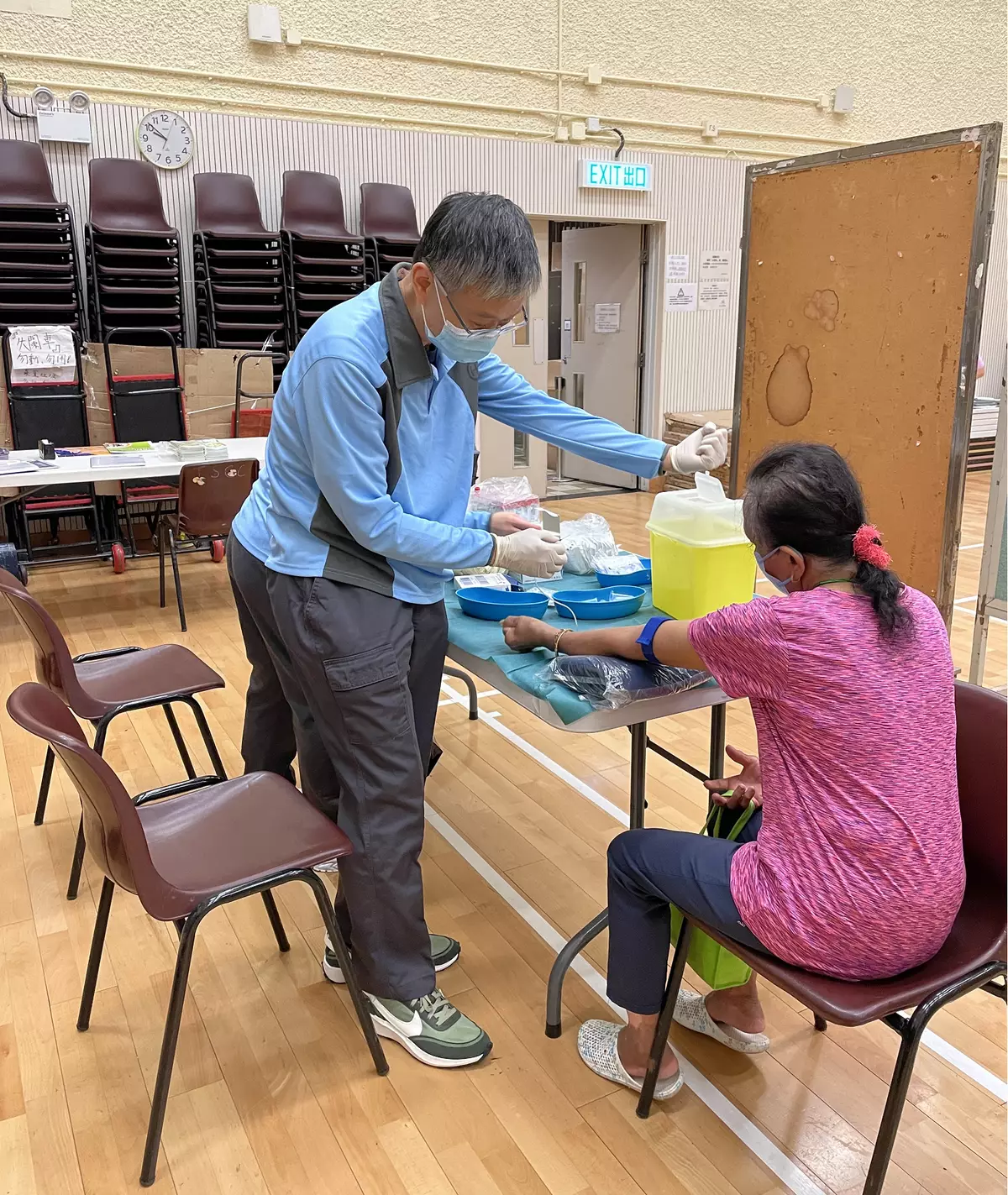
CHP announces investigation progress of case of dengue fever Source: HKSAR Government Press Releases
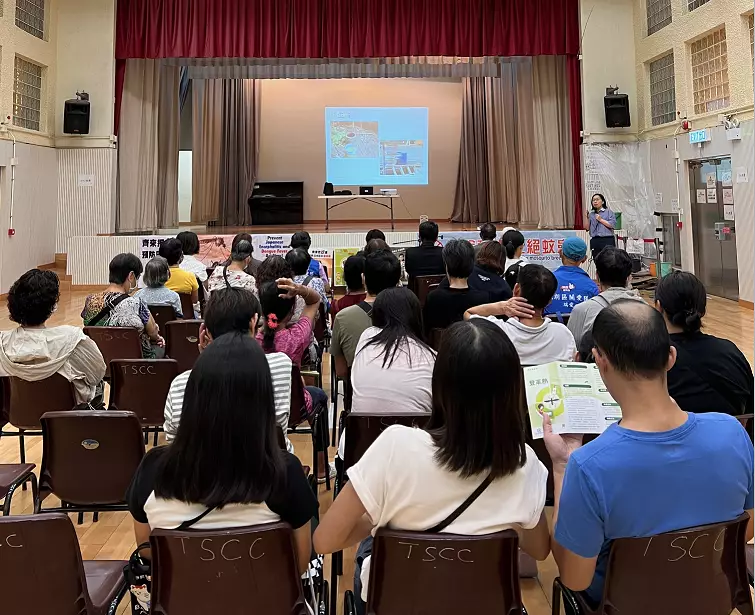
CHP announces investigation progress of case of dengue fever Source: HKSAR Government Press Releases
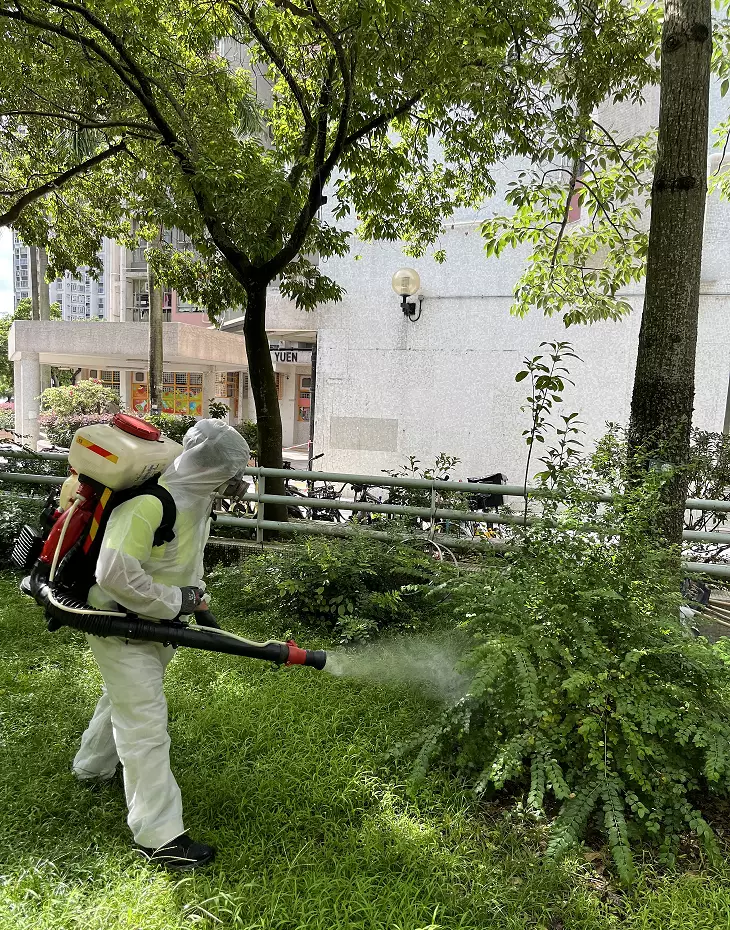
CHP announces investigation progress of case of dengue fever Source: HKSAR Government Press Releases
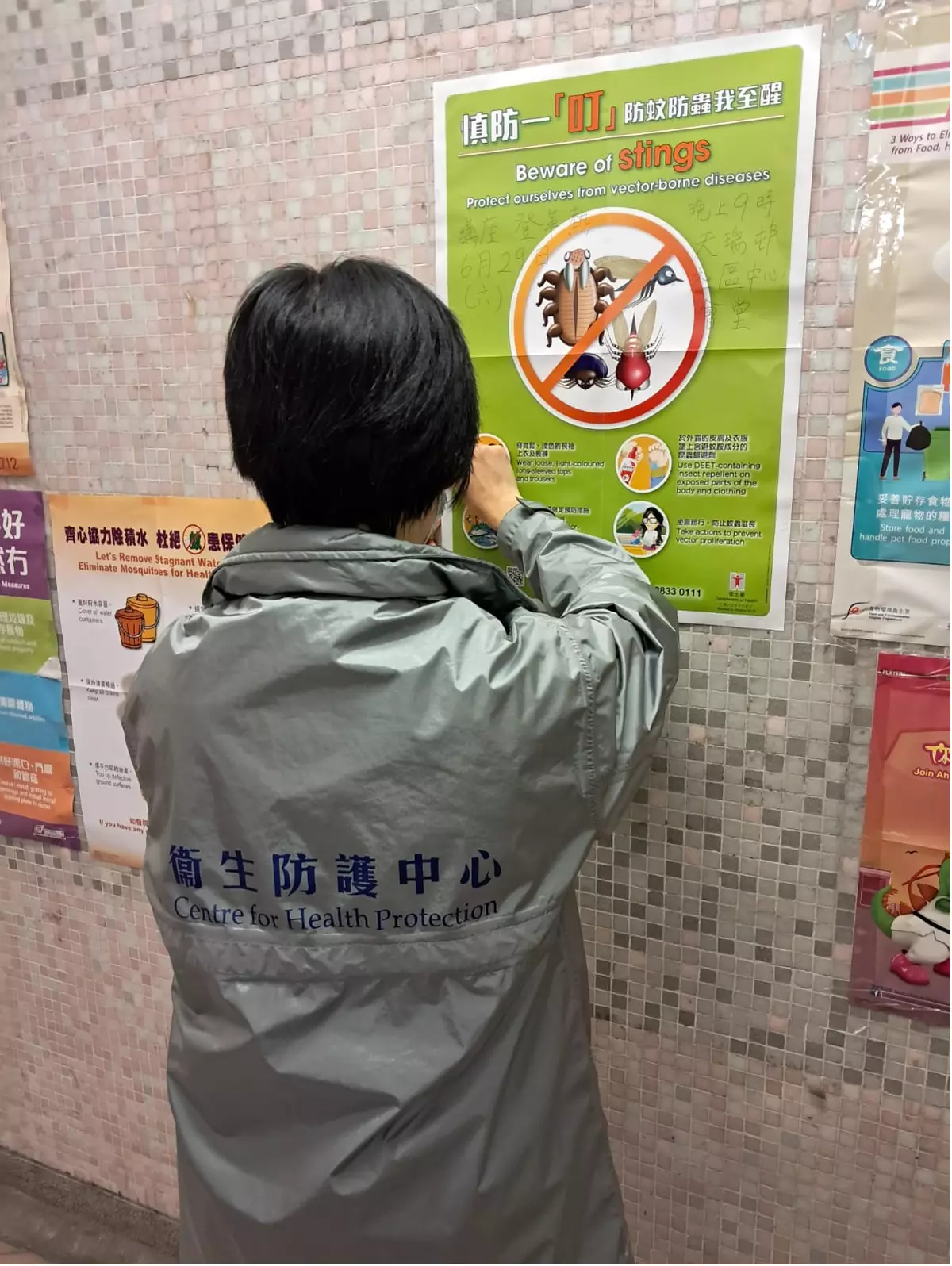
CHP announces investigation progress of case of dengue fever Source: HKSAR Government Press Releases









